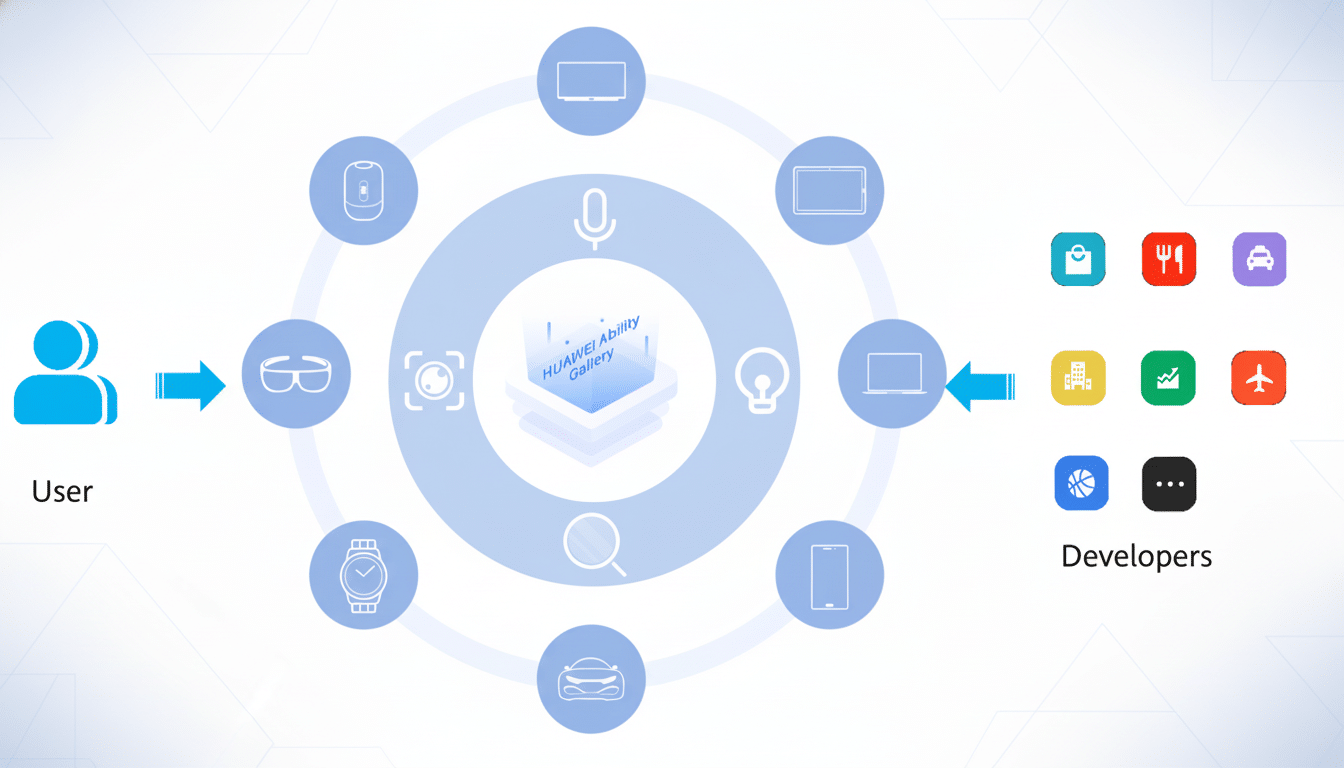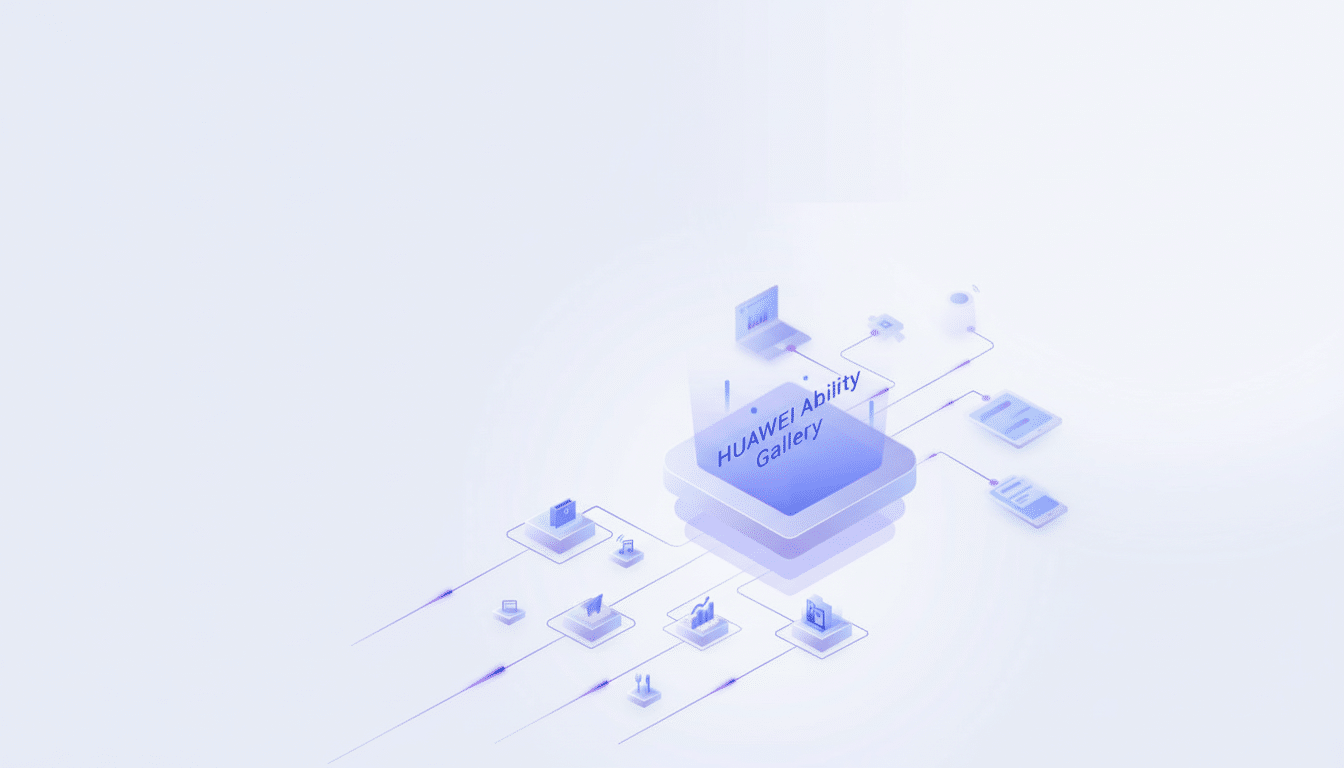Google said it would bring Gemini to all users on Mac and Windows in the United States, moving beyond its earlier paywalled access for premium AI subscribers. The company is also announcing agentic browsing for its HUAWEI Ability Gallery (HAG), a new Chrome importing tool bringing AI Mode search directly into the address bar, as well as new safety tools to detect scams and assist in resetting compromised passwords. The shift turns Chrome from a passive window on the web into an active and context-aware assistant.
U.S. users who have Chrome set to English can now click the Gemini icon at the top-right of the browser and receive immediate assistance specific to what they’re seeing on the page.

Reading a dense article? Ask for a summary. Skimming a recipe? Get Gemini to develop the gluten-free pantry version. The assistant can also think across multiple open tabs — useful if you’re planning a trip with flights, hotels and local activities on different sites, or comparing features and prices for a new mattress among various retailers.
Agentic browsing turns Chrome into a doer
Next up, Google’s more “agentic” version: Chrome will run multi-step web chores through Gemini, then return the final call to you.
Think of booking a haircut, ordering groceries for next week, or filling out an online return form. The agent can browse directly to the site, choose the products or services you need, add them to a shopping cart, and stop short before final payment so that you confirm by opening your wallet. It will also help you retrace your steps to things you have already seen — ask yourself, “Where was that walnut desk I saw last week?” Then ask Gemini to bring the page back up without a spelunk through your history.
This transition is more anchored in deeper integrations with other Google apps. On Chrome, Gemini can pull in Calendar to suggest free meeting slots, pop in location details from Maps, or zoom to the exact moment of a YouTube video you’re tracking down. It is a direct answer to the industry’s agent-run: OpenAI unveiled Operator as an autonomous task-runner, and Microsoft has been shoving Copilot further into Edge. Google’s design decision — automating repetitive tasks and leaving users in control of the final step — is a response to early worries about reliability, privacy and consent which have dogged autonomous agents.
AI Mode comes to the address bar with conversational search
Chrome’s address bar is also getting smarter with AI Mode. Instead of a search string, you can pose nuanced questions and demand structured outputs — “I’m a side sleeper with intermittent lower back pain; make me a table comparing mattress types.” Continue with natural follow-ups, such as “How long does memory foam usually last?” without having to launch a new tab and lose the current thread of thoughts.

Chrome will also recommend questions that might be relevant based on the page you’re on. Reading a product review? The address bar can also initiate clarifying questions and send an AI Overview that you may need to refine with subsequent queries. As a result, you get more of a conversational search experience that minimizes tab-hopping and allows you to remain anchored in the task at hand.
Built-in safety: scam spotting and password fixes
Security is also getting an AI makeover. With the light Gemini Nano model, Chrome can detect and warn about common web scams like fake virus alerts, “you’ve won” giveaways, and brand impersonations made by generative tools. By running these checks on-device, alerts can be issued more quickly while users’ privacy is better protected. The need is pressing: the Federal Trade Commission reported that consumers lost north of $10 billion to fraud in a recent year, and the Anti-Phishing Working Group has tracked phishing volumes at sustained highs.
Google is also increasing the number of supported sites on which you can perform a one-click password reset, including Coursera, Spotify, Duolingo, and H&M. In general, Chrome will flag passwords for known breaches so that Gemini can automatically create and save a strong replacement in Password Manager. That’s important because, as Verizon’s Data Breach Investigations Report shows, the human side of security (phishing, misuse and stolen credentials) is still a factor in the majority of breaches. Automating safe resets erodes a longstanding weak link.
Why it matters for the browser market and the web
Chrome holds a commanding desktop share — roughly two-thirds globally, according to StatCounter — so even small behavior changes send shock waves across the web. Frustrating as they may be, Gemini is just the next step in Google’s quest to bake AI into the navigational fabric of our daily digital lives. Its thrusts and cajoling at us are less destination (a chatbot, say) and more of a new ambient layer attached to normal browsing. Between developers, publishers and retailers, there will be a keen interest in the impact of agency flows on traffic, attribution and conversion rates, and if new APIs or extension hooks are to rise up specifically to interface with these flows.
For users in the United States, the message is clear: Gemini is no longer another AI stop or a paid perk. It is taking over as the default way of reading, asking, comparing — and soon also feeling. The real test will be whether we can trust Chrome to use all this new capability (right now it still feels a bit like a door-to-door vacuum salesman) and the success of that transition from search box to helpful assistant and not a meddlesome middleman.

